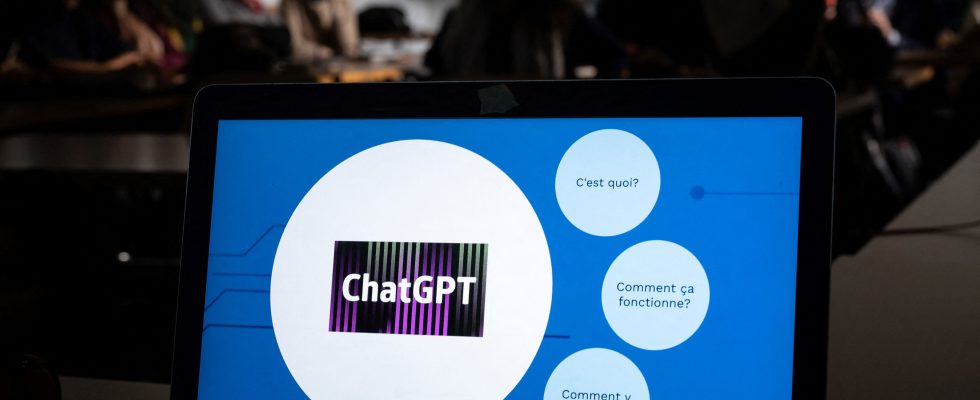All eyes are on the school system. Even in countries that are at the top of the Pisa ranking, criticism is increasing. Voices are raised against putting an age group on the same level, ignoring individual differences. The school would not be able to significantly increase the level of students.
Dozens of studies have attempted to discern best educational practices by comparing establishments within a country but also between countries, whether in terms of learning methods, recruitment and promotion of teachers, class size or access to IT tools, taking care to neutralize the socio-professional and financial impact of the original environment. The observation is implacable: none of this matters much.
Research has shown that hitting the jackpot by attending the so-called best school in town has no impact on the final academic and professional performance of the lucky winners, whether they are in Chicago, New York or China . Children who failed a college selection test by a few points and who do not go to the targeted elite school will ultimately have similar results to those who passed by a few points and were admitted. with precious sesame.
The massification of teaching has replaced tutoring. Tutoring has been the aristocracy’s mode of education for centuries. It consisted of exposing young children, individually and continuously, to an adult tutor, an expert in his field, who instructed them but also engaged them in intellectual discussions without trying to make them pass a predetermined exercise. Obviously, this extremely expensive method of teaching was reserved for an elite. By industrializing education, we created a system of mass production that improved the situation of the vast majority of people individually, and of the world as a whole, but we would have lost the artisanal process that shaped the most elegant minds .
A 2004 Harvard study found that students who were tutored individually performed twice as well on a standardized math test. This renewed appetite for tutoring is reflected in home education, which has exploded in the United States, from 1.5 million children to 2.3 million from 2019 to 2023, but again the model cannot be deployed on a large scale.
A virtual tutor
This is where generative artificial intelligence comes into play. Last week, in the middle of the left war in San Francisco, a progressive wanted to criticize an education start-up, Mentava, on the grounds that it was financed by Garry Tan, boss of the famous incubator Y Combinator and a Democrat moderate. By doing this, she shined the spotlight on this young company created in 2022, attracting hundreds of subscriptions at $500 per month.
What does Mentava do? It offers a virtual tutor to children, from 2 years old, to teach them to read and count. The ambition is strong, close to that of accelerationist movements. “Accelerating education means accelerating human success. How many lives would have been lost if the messenger RNA vaccine had arrived a year later? How many lives would be saved if humanity managed to cure cancer a year later early ?”, can we read on its website. Mentava is just one of the solutions available. The best known is called Synthesis. Used by more than 10,000 children aged 7 to 11 for the more accessible sum of $29 per month, it is inspired by the principles of home education promoted by Ad Astra, the private school that Elon Musk plans to open in Texas through his foundation.
This personalization is not new. After all, MOOCs have become very popular among high school students, 70% of whom are bored in class in the United States. But generative artificial intelligence changes everything, since it is capable of adapting to its interlocutor, motivating them, encouraging them, recommending this or that content, while having the trappings of a human. Sal Khan, the founder of Khan Academy, the leader in these virtual courses, launched a virtual assistant, Khanmigo, last year. His partner ? OpenAI.
Robin Rivaton is Managing Director of Stonal and member of the Scientific Council of the Foundation for Political Innovation (Fondapol).
.
